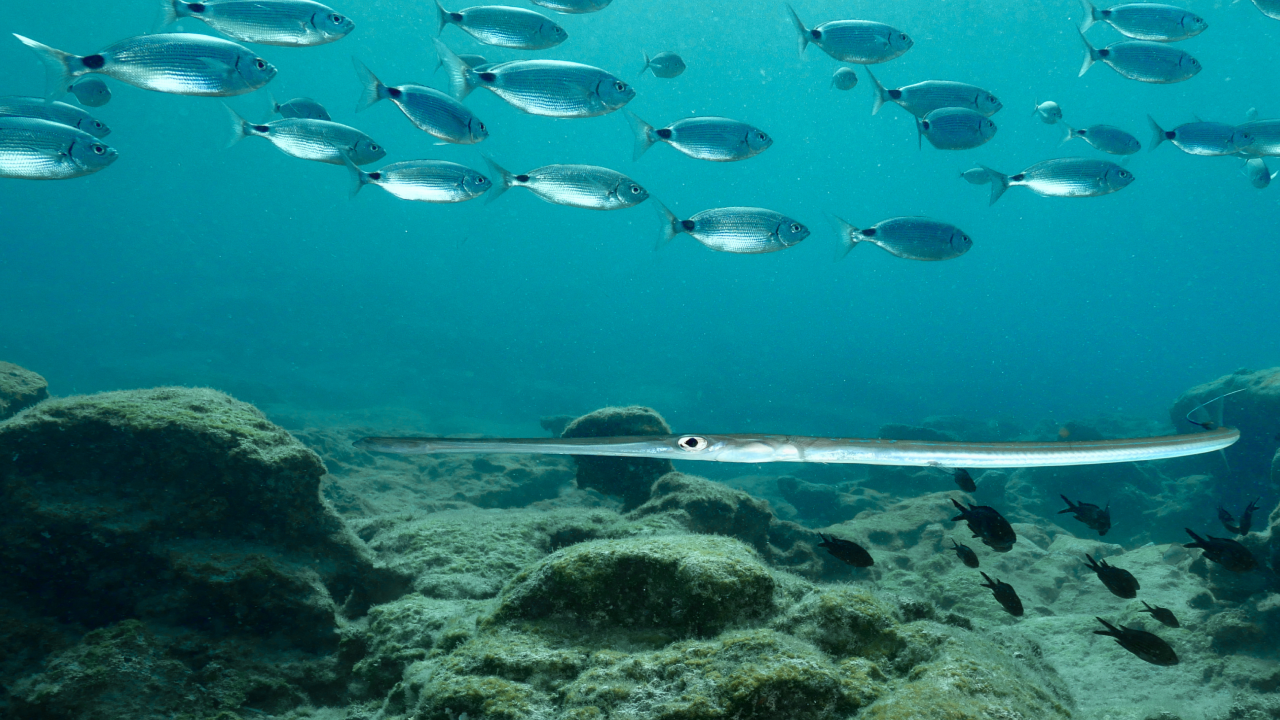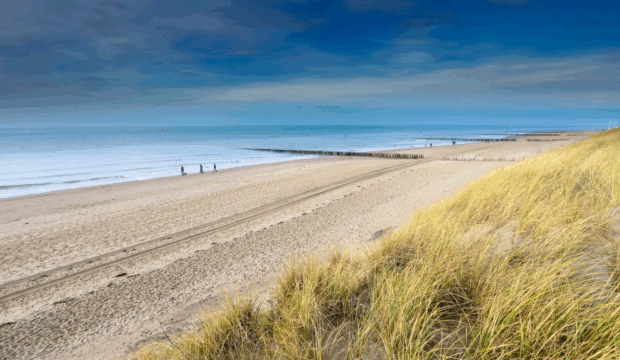Med OCEaN Statement on non-price criteria in offshore wind energy tenders released

The Net-Zero Industry Act (NZIA), through its ‘Implementing Act on non-price criteria for renewable energy auctions’, requires Member States to apply non-price criteria in at least 30% of their annual renewable energy tender volumes or alternatively 6 GW per year – including offshore wind. This allows Member States to consider non-financial aspects when assessing the viability of projects and boost innovation in various areas, such as the project’s contribution to resilience, sustainability, biodiversity, responsible business conduct, and its ability to deliver projects fully and on time.
As Member States in the Mediterranean and adjacent Atlantic waters continue to develop offshore wind tenders and revise existing frameworks, it is important that national authorities are prepared to adhere to the requirements of the Implementing Act and ensure the sustainable development of offshore wind projects.
In this context, a new statement from the undersigned Members of the Offshore Coalition for Energy and Nature in the Mediterranean and adjacent Atlantic waters (Med OCEaN) provides key recommendations to national authorities in the region on how to design offshore wind tenders with nature in mind and effectively integrate ecological non-price criteria.
Med OCEaN signatories recommend that national authorities adopt the maximum allowable weight for non-price criteria in offshore auctions under CfD (30% of the proposal’s overall evaluation). These criteria should prioritise environmental factors and align with national priorities and challenges. If successfully integrated, national authorities should then:
- Ensure non-price criteria play a key role in offshore wind tenders, while keeping procedural complexity to a minimum.
- Ensure that all non-price criteria commitments proposed in bids are supported by meaningful documentation, demonstrating they are realistic and will be fulfilled.
- Appoint an independent evaluation panel or a dedicated body with relevant expertise to assess the quality and viability of the non-price criteria used in project proposals. The process must be transparent, non-discriminatory, and avoid delays.
- Ensure that all non-price criteria are clear, objective, measurable, easy to assess, and strategically aligned with both climate change mitigation and ecosystem priorities to deliver effective environmental benefits in accordance with EU legislation.
- Establish a robust and transparent monitoring system to track both positive and negative biodiversity impacts throughout the entire project lifecycle. Adaptive management measures should be implemented as needed, in line with EU legislation (see Implementing Act – Article 10).
Additionally, even if the Implementing Act does not specifically require social non-price criteria, developers should strive to promote and highlight the positive socio-economic impacts of their projects, as these can enhance public acceptance and reduce the risk of delays and cancellations. These impacts may include ensuring a comprehensive stakeholder engagement process, while creating opportunities for coastal communities, such as employing local workers with social and professional difficulties, providing vocational training and internships, and enabling community ownership or participation in bids. Likewise, the socio-economic impacts should be carefully monitored throughout the entire project lifecycle to evaluate their effectiveness at the local, national, and regional levels.
To ensure that these criteria are implemented in a harmonised manner across the region, and fully compliant with EU legislation, Med OCEaN signatories are committed to supporting Member States in the Mediterranean and adjacent Atlantic waters in identifying possible criteria, facilitating contact with stakeholders, and serving as a knowledge hub of best practices and scientific evidence.
Tags:
Share article:
Contact
Should you have any questions, please get in touch with:



